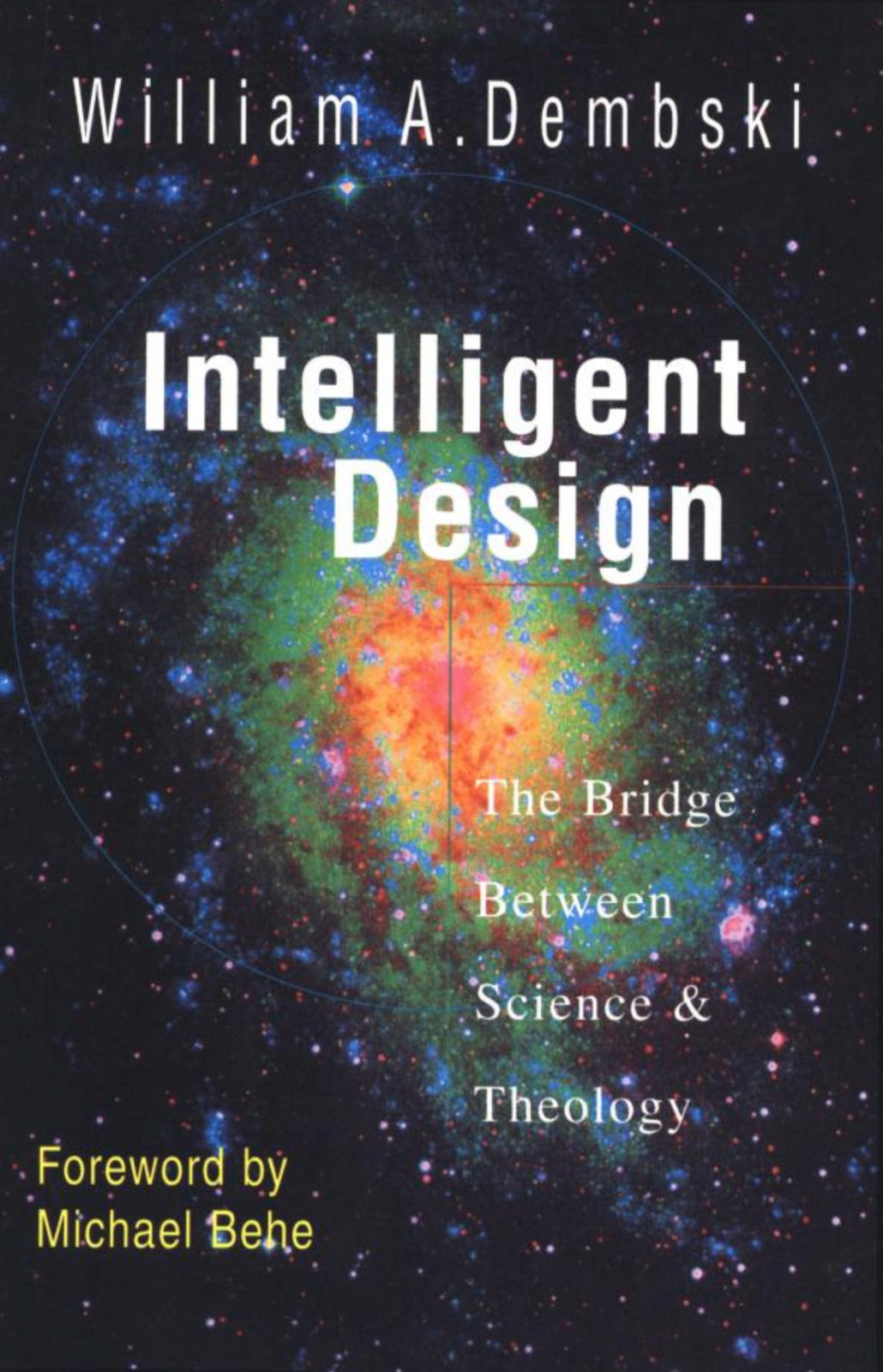
No Free Lunch
No Free Lunch, the sequel to mathematician and philosopher William Dembski's Cambridge University Press book The Design Inference, explores key questions about the origin of specified complexity. Dembski explains that the Darwinian search mechanism of random mutation coupled with natural selection is incapable of generating novel complex, specified information (CSI).
This observation translates into "No Free Lunch" (NFL) theorems, which Dembski explains are inherent constraints upon natural systems. Natural Darwinian mechanisms can shuffle this information around, but only intelligence can generate novel CSI. In other words, when it comes to generating truly novel biological complexity, Darwin can have no free lunch...


